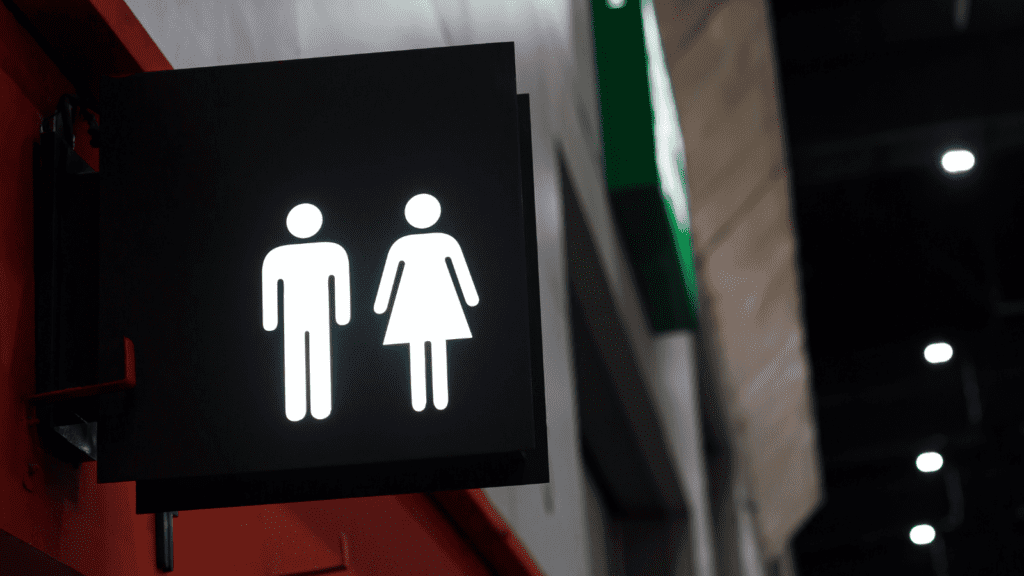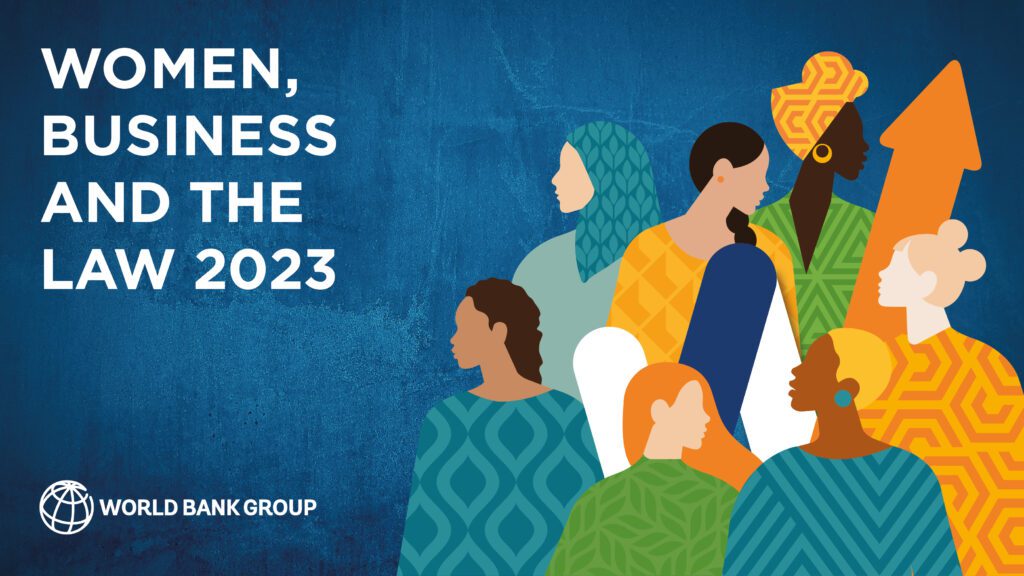There are only 14 countries in the world which offer full legal protections to women; according to Business and the Law 2023, recently published by the World Bank.
Germany and the Netherlands have recently been added to the list of countries that provide full equal rights for women, according to the World Bank. The report, Women, Business and the Law 2023, assesses 190 nations and ranks them on a scale of 0-100 for gender equality. Shockingly, only 14 countries received a perfect score of 100. The list includes Belgium, Canada, Denmark, France, Greece, Iceland, Ireland, Latvia, Luxembourg, Portugal, Spain, Sweden, Germany, and the Netherlands. This means that these countries offer legal protections to both men and women, ensuring true gender equality. Unfortunately, many other countries have scored below 30, highlighting the continued disparity in gender rights worldwide.
RELEVANT SUSTAINABLE GOALS
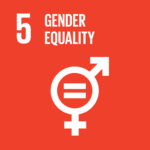
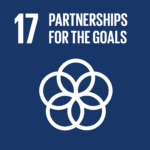
Women, Business, and The Law 2023
Germany and the Netherlands were the newcomers among those rated at 100 points this year. Both countries equalized parental leave entitlements between the sexes. In the case of Germany, the law changes occurred before the past 12 months but the country received a revised score as part of this year’s report, hitting 100 percent equality for the first time.
99 places out of the 190 assessed countries and territories ranked at 80 percent or above, up from 98 in 2022 and 94 in 2021. Saudi Arabia, which came in last as recently as 2019, has improved its score following new laws implemented in the country and now ranks 136th at 71.3 percent. The last place in the 2023 ranking went to the West Bank and Gaza (26.3 percent), ahead of Yemen (26.9 percent), Sudan (29.4 percent) and Qatar (29.4 percent).
Women, Business and the Law 2023 assesses women’s interactions with the law throughout their careers using eight indicators that align with the economic decisions women make at various stages of their lives. These indicators are Mobility, Workplace, Pay, Marriage, Parenthood, Entrepreneurship, Assets, and Pension. The data in the report is current as of October 1, 2022, and the indicators are used to build evidence of the relationship between legal gender equality and women’s entrepreneurship and employment.
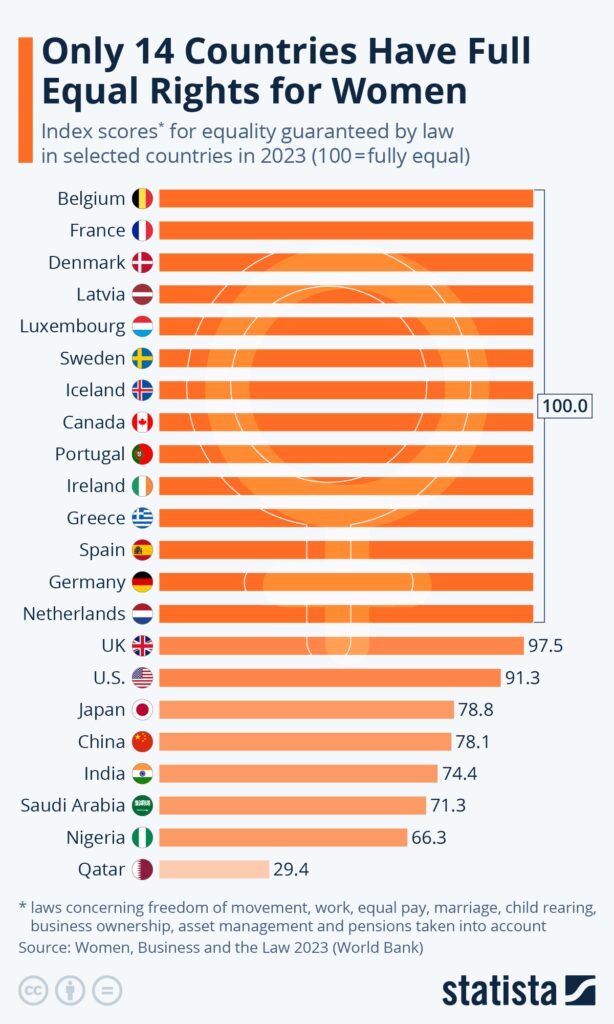
The report aims to contribute to policy discussions about the state of women’s economic opportunities by examining the economic decisions women make as they progress through different stages of their working lives and legal reforms in the areas measured by the indicators. By doing so, it provides valuable insights into how legal gender equality affects women’s economic outcomes.
You may also be interested in :
Private Sector Must Support Covid-19 Recovery By Supporting Women-Owned Businesses


